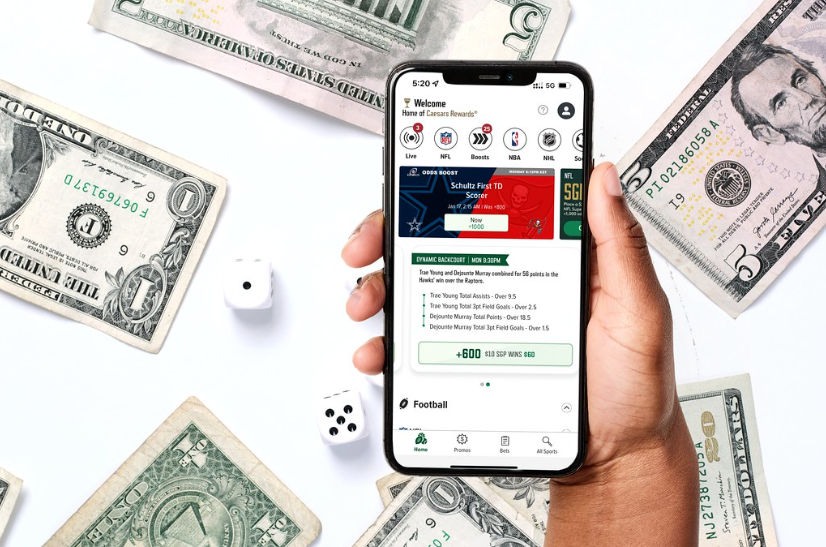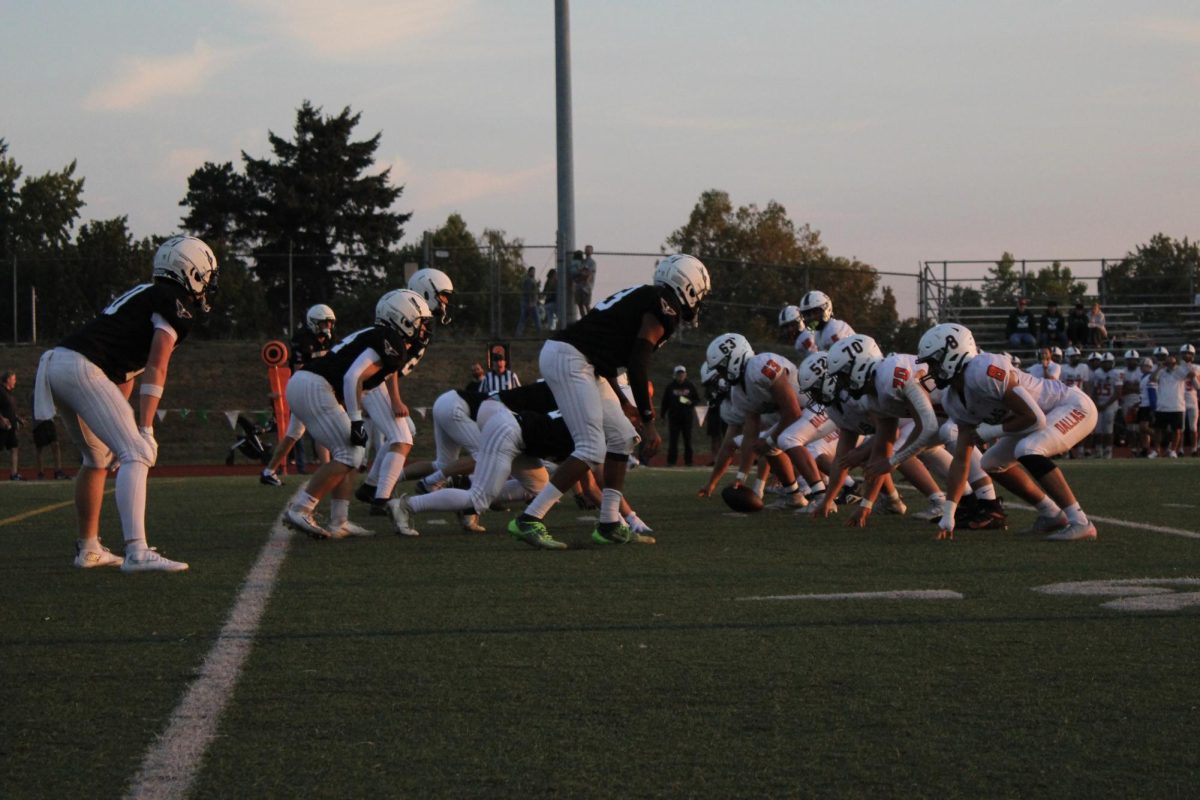The growth of legal gambling has led to unprecedented levels of sports betting. If you’re streaming any of the big four sports, you’re likely going to encounter several sportsbook ads. Whether it’s Caesars Sportsbook, DraftKings, FanDuel, or any of the more than 40 other sportsbooks in operation in the United States, chances are you’re familiar with their names.
While most states allow sports betting from age 21–except for Montana, New Hampshire, Rhode Island, and Washington, where sports betting is allowed from as early as 18–the same privileges are not afforded to most professional sports players themselves. Jontay Porter, a former National Basketball Association (NBA) player, was recently banished from the league following bets placed on NBA games, disclosing confidential information to bettors, and limiting his performance in games so that certain bets would be achieved.
Porter isn’t the only example of athletes being punished for betting on sports. In October 2023, Shane Pinto, a center for the NHL’s Ottawa Senators, was suspended for 41 games, or half a season. While no evidence was found that Pinto had bet on National Hockey League (NHL) games, the suspension stood as neither the team, Pinto, nor his agent filed an appeal. Ironically, the helmet sponsor for the Senators’ uniforms is a British gambling company, Bet365. The Las Vegas Golden Knights, another team, boast yet another sportsbook, Circa Sports, as their jersey endorsement. Yet these two teams are not only in the NHL to have a connection to sportsbooks. Dasher boards around the NHL’s rinks are plastered with ads for Caesars Sportsbook.
Various sports leagues collaborate with licensed betting platforms to promote sports betting and gambling within their games. In March of 2023, for example, Major League Baseball (MLB) signed a multi-year partnership with FanDuel, making the leading sportsbook one of the co-exclusive betting partners of the MLB. The NBA works with DraftKings and FanDuel to incorporate live betting into their app.
Utah and Hawaii do not permit gambling in any form. Even so, it’s possible to bet on sports through offshore betting websites such as Bovada, BetOnline, and others. The ability to illegally access these sportsbooks is astonishing. All you need is a first and last name, an email address, and a phone number. Even more concerning is the lack of protections given to younger, impressionable teenagers, and the fact that the ones that do exist, don’t always work. Entering a parent’s information is an easy way to bypass the age limits intended to restrict who can and can’t engage in online betting.
Americans wagered a whopping $120 billion on sports in 2023, a year-over-year increase of 44.5% compared to 2022. The plethora of endorsements and partnerships featuring sportsbooks has no doubt contributed to these staggering numbers, along with the ease of access granted by technology. To be sure, anybody who wants to bet on sports can easily do so just by reaching into their pocket and registering for a sportsbook online. Despite the normalization of gambling in sports, the negative effects remain very real.
Damage to relationships, high blood pressure, stress, and anxiety are only a handful of potential side effects correlated with sports betting, according to the Mayo Clinic. In addition to the less-obvious mental and physical effects, one thing is clear: your bank accounts and credit ratings tend to suffer. The hypocrisy in major sports leagues promoting gambling through advertisements and endorsements while levying excessive punishments against their athletes for engaging in these activities is immense.
The NHL, MLB, NBA, and NFL need to stop gambling with their fans’ and players’ health and well-being and ditch sportsbooks.









